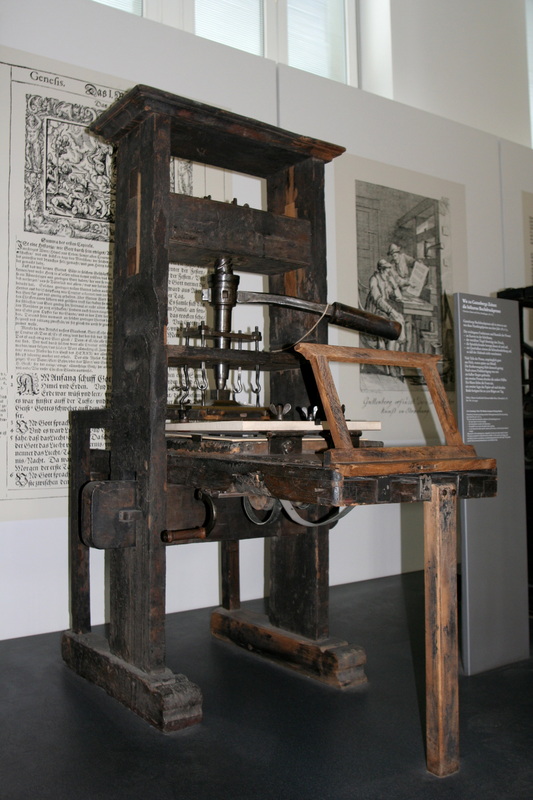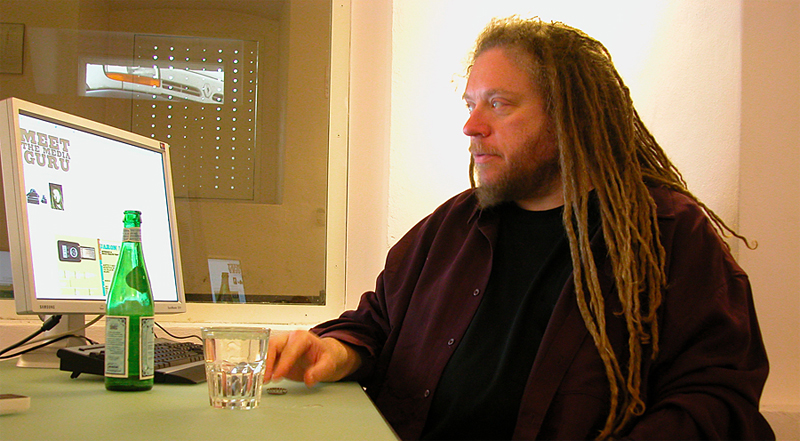|
A confluence of things encouraged me to support @peter jukes in his crowdsourcing to raise funds to Tweet the proceedings of the phone hacking trial currently taking place in the Old Bailey. These are in no particular order the fact that since April I've been working part-time as a strategic consultant to the Connected Digital Economy Catapult, I've also been reading Jaron Lanier's new book Who Owns the Future and I was formerly a journalist (The Irish Times/The Irish Examiner). By the time I managed to get into journalism in Ireland in the early 1990's the industry was on the cusp of disruption. The Cork Examiner (subsequently renamed The Irish Examiner) revamped its newsrooms with new PC's for its editorial staff, new software for its subbing staff and made significant changes to print room operations with the introduction of computer to plate technology. They also structured office life so that there were always less desks available than needed by reporters and subs. This was not to encourage staff to work from home but to create a kind of frenzy about getting to work early enough to secure your place. That combined with removing all personal locker space generated lots of worry about job security. It's no wonder that one of the hacks changed all our screen savers to read "beatings will continue until morale improves". Journalists were getting the clear message that technology was more important than people, that there was a revolving door of supply and demand and lest you had notions of actually earning the same kind of salary enjoyed by your colleagues in the past, a constant reminder that there were plenty of people willing to do your job for free just for the privilege of being a journalist. Terms and conditions have steadily deteriorated for journalists over the years and the future does not look too bright either. The advent of the web has created further pressures with a greater facility for news automation and the opening up of so many platforms for the expression of opinion. When everyone can be a journalist what’s the business model for payment? In Who Owns The Future Jaron Lanier writes eloquently about his vision of a humanistic information economy suggesting that the early web years have fetishised open access and knowledge-sharing in ways that have distracted people from examining fairness and job security in an economy so dependent on big data or data flows.
He argues for the creation of nano payments for the armies of ordinary people who create so much personal content that is driving huge wealth for a small number of companies at the top of the industry. I remember asking my son Leo a number of years ago “who works for Facebook”? He looked a bit puzzled and replied “Facebook employees”. I reminded him that in fact he worked for Mark Zuckerberg and that with every keystroke he was providing data that could be packaged and sold in anyway that Facebook liked. Or Instagram sold for £1 billion dollars with a total employee base of 13 people. Yet the content it holds is created by ordinary people expressing their fantastic creativity every hour of every day. In the world articulated by Lanier each of those contributors might have benefited from the Instagram sale - and why shouldn’t they - do they not qualify as digital shareholders, those responsible for the sum of Instagram’s parts? I’ve always been a proponent of information wants to be free, I’ve been an advocate of open data for many years, and I have enjoyed and celebrated the wonderful information exchange that social tools like Twitter offer me. I’ve shared content and have been happy to do so but I’ve been having a nagging feeling recently about where all this is ultimately going to lead. That’s part and parcel I guess of being a mother when I think about the future careers that are going to be open to my son. Lanier points to the hollowing out of middle class jobs with the advent of technology, jobs that will not be replaced by the information economy, and so his nano payment ideas provide some basis for revisioning how we might all share in this new economy with a model of fairness and equitable return for effort. In short the book is a the tldr version of “If you’re not paying for the service then you are the product”. So watching @peterjukes tweeting from the Old Bailey and then coming to understand that as a freelancer he would'nt be able to afford the time to do this if he was not paid for his work struck a real chord with me. I don’t know Peter, I don’t know if he has any political affiliations or particular ideology, but I’d watched his tweet stream for a day or two and was really impressed with his ability to tweet factual reports in 140 characters. The real time nature made me feel like I was present in the court and the main stream media were not covering anything like the detail of the trial that was contained in his tweets. I’m happy to pay a small contribution for this service just as I would be happy to pay subscriptions to blogs that I follow from people with opinions I respect. In a way that I’m no longer necessarily happy to pay for content being produced by main stream media. We all need to be part of the solution in generating new economic models for the digital age and one’s that have equity and fairness as a guiding principle. For artists of all kinds photographers, painters, writers, poets and thought leaders it’s not too much to ask that the new digital frontier will allow them to carve out new audiences and careers without exploitation of their craft. When I asked for a raise having written my newspaper column for the Irish Examiner for five years for the princely sum of £90, churinng out 650 words every week without fail, I was told by the Editor and I quote “Go f*** yourself don’t you have a picture byline”. Time was that seeing your picture on the printed page might have meant something for which you were willing to sacrifice a decent wage but in truth it was’nt then and it isn’t now. So that’s why I’ll be supporting @peterjukes for the duration of his phone hacking coverage and I’ll purchase the book which I’ve no doubt will follow. A fair exchange is no robbery as they say and if you want to re-examine the dominant narrative of our technological age then read Who Owns The Future because if you take heed it could very well be all of us.
0 Comments
|
Details
Categories
All
Archives
August 2023
|


 RSS Feed
RSS Feed